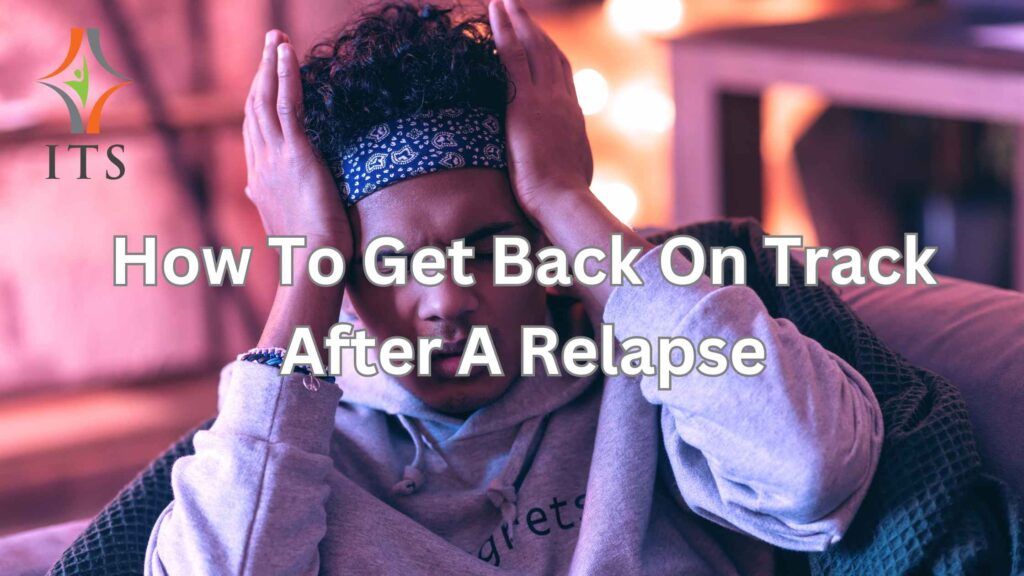
Relapse is often a part of the journey to recovery. It can be disheartening, but it’s important to remember that it doesn’t signify failure—instead, it’s an opportunity to learn and strengthen your commitment to sobriety. This post aims to provide practical tips on how to get back on track after a relapse, emphasizing our organization’s dedication to supporting individuals through every step of their recovery journey.
Understanding Relapse: A Part of the Recovery Process
Relapse, or returning to substance use after a period of abstinence, is common among individuals recovering from substance use disorders. It’s crucial to view it not as a setback, but as a stepping stone towards successful recovery.
The Stages of Relapse
Recognizing the stages of relapse can help prevent future occurrences:
- Emotional Relapse: Characterized by negative emotions, denial, and neglect of self-care.
- Mental Relapse: Involves wrestling with the idea of using again and fantasizing about past use.
- Physical Relapse: The act of returning to substance use.
How to Get Back on Track After a Relapse
Here are some strategies to help you regain your footing after a relapse:
- Don’t Beat Yourself Up: Self-blame can exacerbate feelings of guilt and shame. Instead, practice self-compassion and understand that relapse is often a part of the recovery process.
- Reach Out for Support: Lean on your support network—family, friends, therapists, or support groups. They’re there to help you navigate this challenging time.
- Revisit Your Treatment Plan: Meet with your healthcare provider or addiction specialist to reevaluate your treatment plan. It may need adjustments to better suit your current needs.
- Learn from the Experience: Identify triggers or situations that led to the relapse and develop strategies to manage them in the future.
- Commit to Your Recovery: Reaffirm your commitment to sobriety. Remember why you started this journey and visualize your life free from substance use.
Conclusion
Experiencing a relapse can be challenging, but it’s important to remember that it’s not the end of your recovery journey—it’s a part of it. Knowing how to get back on track after a relapse is crucial in fostering resilience and progress towards long-term recovery. Reach out to a healthcare provider or addiction specialist if you need guidance or support. Remember, each step, no matter how small, brings you closer to a substance-free life. You’re not alone in this journey—support is always available, and recovery is always possible.
